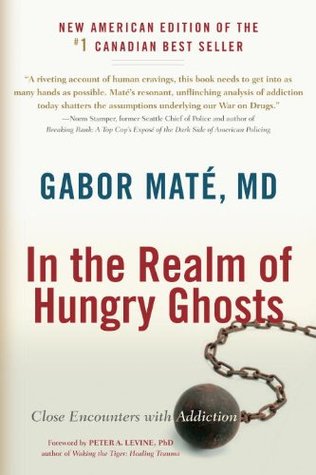More on this book
Community
Kindle Notes & Highlights
by
Gabor Maté
Read between
July 28 - August 4, 2025
First, we need to take stock of ourselves and give up any hint of moral superiority and judgment toward the addict. Going back to the words of Jesus, “Take the plank out of your own eye first, and then you will see clearly enough to take the splinter out of your brother’s eye.” We cannot help people when we put ourselves in a position of judgment.
“Free choice only comes from thinking; it doesn’t come from emotions. It emerges from the capacity to think about your emotions. When you’re operating in the habit mode you are feeling, but those feelings are not being reflected upon. They are too powerful, they are too habitual. So, the treatment of addiction requires the island of relief where a need to soothe pain does not constantly drive a person’s motivation. It requires a complex and supportive social environment.”
Sam Sullivan, Vancouver’s quadriplegic mayor, told a conference on drug addiction once that if wheelchairs were illegal, he would do anything to get one, no matter what laws he had to break. It was an apt comparison: the hard-core addict feels equally handicapped without his substances. As we have seen, many addicts who deal in drugs do so exclusively to finance their habit. There is no profit in it for them.
Many addicts could work at productive jobs if the imperative of seeking illegal drugs did not keep them constantly on the street. It’s interesting to learn that before the War on Drugs mentality took hold in the early twentieth century, a prominent individual such as Dr. William Stewart Halsted, a pioneer of modern surgical practice, was an opiate addict for over forty years. During those decades he did stellar and innovative work at Johns Hopkins University, where he was one of the four founding physicians. He was the first, for example, to insist that members of his surgical team wear rubber
...more
Those unable to give up their habits ought not to be ostracized; nor should their voices be excluded from social discourse. If we understood the sources of their dysfunction, we would want to reduce their suffering, whether or not they continue to use.


